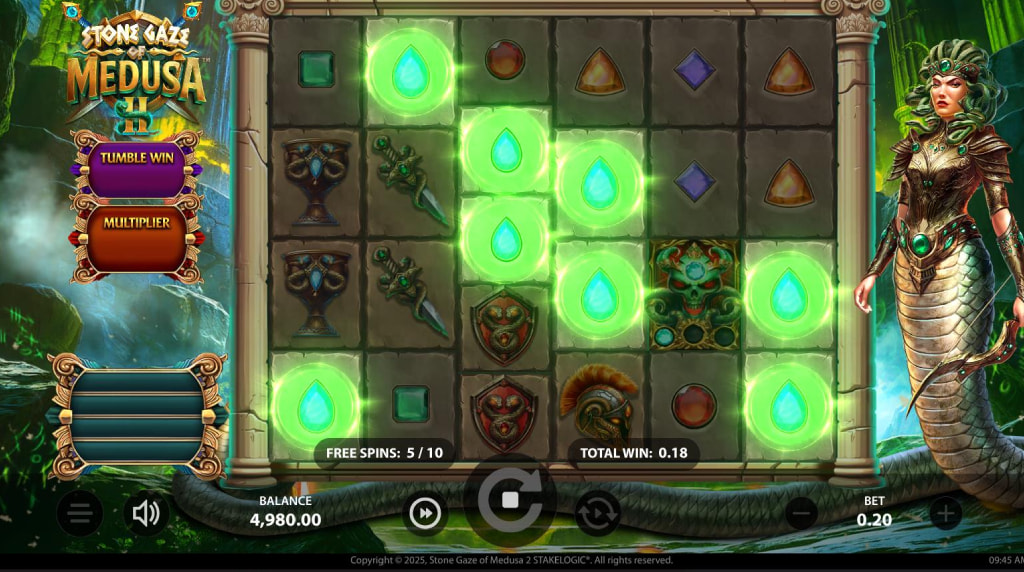SBC Summit Latinoamérica Reunites LatAm’s Games Sector
On Oct. 27 and 28, leaders from Latin America’s gaming industry came together during the 2021 SBC Summit Latinoamérica in order to share key information, discuss strategies, and strengthen their networks after a long separation caused by the COVID-19 pandemic. Though the two-day summit at the JW Marriott in Miami, Florida covered many topics during interesting panels and networking opportunities, lessons learned from the pandemic were a subject returned to again and again.

Leaders from Latin America’s gaming industry came together this week in Miama, Florida during the SBC Summit Latinoamérica. ©Elvis Vasquez/Unsplash
Gaming Representatives Celebrate Coming Together Again
Those present at the summit shared their excitement for being able to gather in person again after the long isolation caused by COVID-19. Those in attendance included representatives from top online sportsbook providers, online casino sites, and land-based gaming venues and regulators including: Betcris, William Hill, FIFA, Kaizen, Pay4Fun and many others.
The summit itself is put on by SBC — Sports Betting Community — a news outlet and events company that focuses on betting and gaming. However, topics discussed and speakers in attendance covered a wide range of the gaming industry — not only sports betting — and covered much ground in their discussions as well.
Takeaways from the Pandemic
The first session focused on “Post-COVID Lessons,” a panel rich with recently-acquired knowledge from industry leaders across the region of Latin America. Colombia’s Fecoljuegos President Evert Montero Cárdenas moderated, while guests included Antonio Salord Domíngez (Playtech), Mónica Umaña, (Evolution), Lourdes Britto (Apuesta Total). Pablo Viana (Retabet), and Carlos Fonseca from Gaming Law SAC.
A topic that came up immediately in their discussion was the strengths and weaknesses offered by land-based versus online gaming verticals, which was obviously highlighted when lockdowns caused casinos to shut down all over the globe last year. As host, Cárdenas stressed how different these verticals are.
However, all panelists basically came together in saying that different verticals appeal to different players for their own reasons. Their analysis was ultimately that because of these differences in preference and player needs, there is not much risk that one vertical would ultimately take over completely and leave no room for the others.
In other words, though online gaming became much more popular in the last year for obvious reasons, the panelists did not think that this represented a permanent trend, or that land-based casinos are in danger of becoming extinct.
Britto used Peru’s banking situation as a comparison. She explained that though formal banking has grown in Peru in recent months and years, Peru’s “informal economy” still increases. This could be especially important for land-based casinos, as some players will always prefer paying with cash rather than digitally.
She also agreed that the pandemic helped to accelerate the interest in online gaming across Latin America, and to intensify investment and interest from players in the industry as well. Domínguez, who is Director of Sales in LatAm for Playtech, added that he believes it possible for online and offline to coexist and thrive. He also pointed to Europe as a positive role model for gaming regulation.
Pablo Viana — who is based in Peru — also agreed that the market is big enough for everyone, and emphasized the importance of regulation and working together with government authorities in order to make the most out of online gaming for consumers and states.
Mónica Umaña, who is Head of Operations in Latin America at Evolution, admitted that some are still wary of the digital. However, she concurred with Britto that ultimately, the pandemic has helped radically shift mindsets about digital gaming in a much faster time than it would have taken otherwise.



